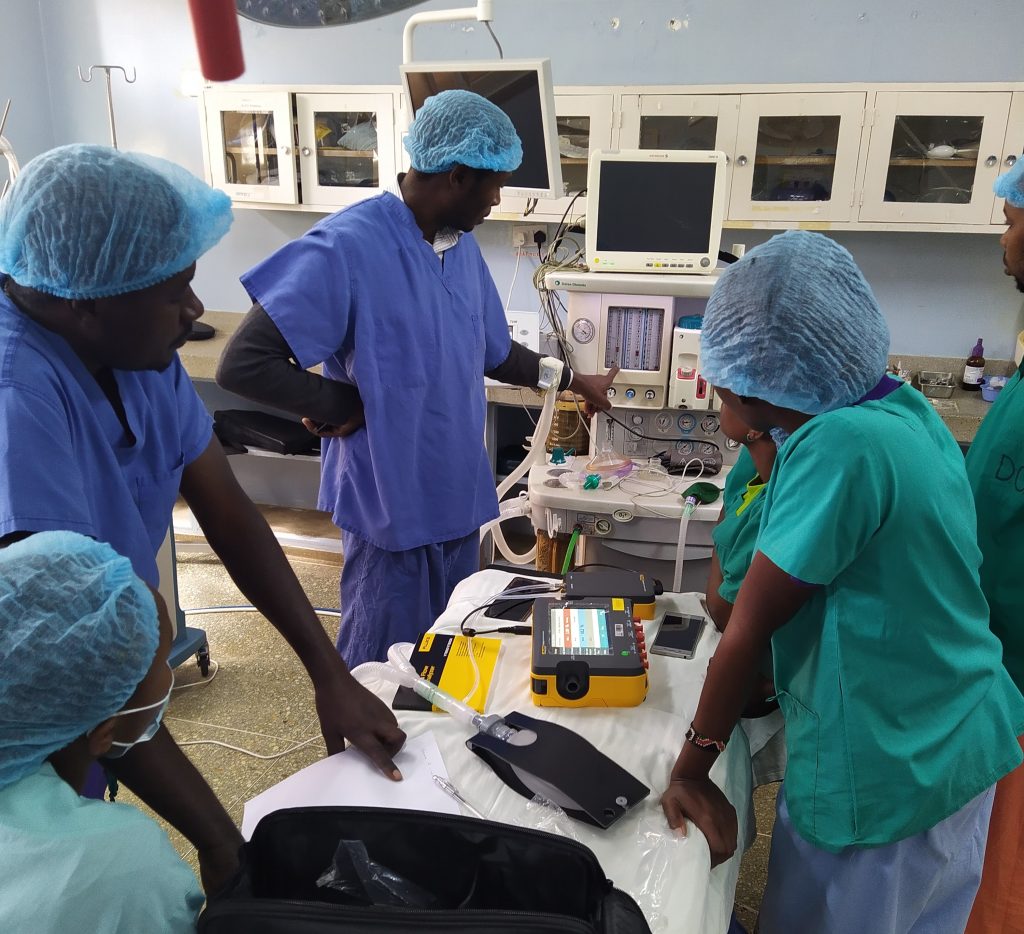Access to quality healthcare is a fundamental human right, and medical equipment plays a pivotal role in delivering accurate diagnoses and effective treatments. However, many public hospitals in low-income countries struggle with inadequate infrastructure and resources, leading to challenges in the proper testing and calibration of medical equipment. Ensuring the accuracy and reliability of these instruments is essential to provide safe and effective healthcare services. This article delves into the significance of testing and calibration of medical equipment in public hospitals of least-developed countries and discusses potential strategies to overcome existing challenges.

Importance of Testing and Calibration
Accurate medical diagnoses and treatments heavily depend on the precision of medical equipment. Testing involves verifying that equipment functions correctly, while calibration ensures that measurements made by the equipment are accurate and consistent. Inadequate testing and calibration can lead to incorrect diagnoses, flawed treatments, and compromised patient safety.
In low-income countries, where resources are limited, the consequences of poorly calibrated equipment can be particularly dire. Misdiagnoses can result in delayed treatment, worsened conditions, and increased mortality rates. Therefore, the significance of proper testing and calibration cannot be understated.
Challenges Faced
1. Limited Resources: Public hospitals in underdeveloped nations often face budget constraints, preventing them from investing in advanced testing and calibration equipment.
2. Lack of Technical Expertise: Skilled personnel to perform accurate testing and calibration may be scarce due to inadequate training and education opportunities.
3. Infrastructure Issues: Frequent power outages and unstable voltage levels can disrupt equipment calibration and lead to inconsistent results.
4. Lack of Standardization: Inconsistent protocols and guidelines for testing and calibration across different hospitals and regions can lead to variations in equipment accuracy.
Strategies for Improvement
1. Capacity Building: Governments and organisations can collaborate to provide specialized training for local technicians and engineers. This would empower them to perform regular testing and calibration of medical equipment.
2. Technology Sharing: Collaborations between developed and developing nations can facilitate the transfer of testing and calibration technologies, making them more accessible to public hospitals in third-world countries.
3. Mobile Calibration Units: To address infrastructure challenges, mobile calibration units equipped with power generators can reach remote areas and perform on-site equipment calibration.
4. Standardization Efforts: International organisations can work with local health authorities to establish standardized protocols for testing and calibration, ensuring consistency across healthcare facilities.
5. Public-Private Partnerships: Engaging private sector companies that specialize in testing and calibration can provide cost-effective solutions and share expertise.
Are you committed to providing top-notch medical care to your communities? Do you believe that reliable and accurate medical equipment is essential for quality patient outcomes? Join hands with us, your trusted test and measurement partner, as we work together to elevate healthcare standards in developing nations. At Amotech Africa Limited, we specialize in precision testing and calibration solutions for medical equipment. The cutting-edge technology by our partners in the healthcare sector ensures that your devices deliver accurate results, enabling healthcare professionals to make informed decisions and provide the best care possible. With years of experience, we understand the unique challenges of healthcare in developing regions. Our team of experts is dedicated to tailoring solutions that meet your specific needs. Our calibration services ensure your equipment’s accuracy, promoting confidence in diagnoses and treatments. By partnering with us, you empower your healthcare system.
In conclusion, testing and calibration of medical equipment in public hospitals are vital for providing accurate and safe healthcare services. While challenges exist, proactive efforts such as capacity building, technology sharing, and standardization can contribute to significant improvements in healthcare accessibility. Collaborative endeavors between governments, international organizations, and the private sector can pave the way for enhanced healthcare outcomes and a brighter future for these countries’ public healthcare systems.